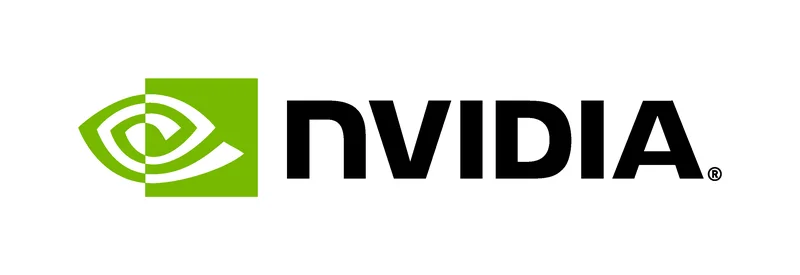Alright, buckle up, because we're about to dive into something HUGE. Forget the daily market jitters for a minute. I want to talk about a shift in power, a changing of the guard, maybe even a full-blown coronation in the world of AI. And it all centers around one name: Meta.
The Billion-Dollar Bet
Philippe Laffont, the hedge fund titan behind Coatue Management, just made a move that has the entire investing world buzzing. He trimmed his Nvidia position – yes, that Nvidia, the undisputed king of AI chips – and plowed even more money into Meta. In fact, Meta is now his largest holding. Let that sink in. We're talking about a guy who beat the S&P 500 by 95 percentage points in the last three years, and he's putting his chips on Zuck and Co.
Now, before you start screaming "bubble" or "overvalued," let's look at why this is happening. The knee-jerk reaction might be fear over Nvidia's China struggles (and let's be real, those export restrictions sting). But I think it's something far more profound. This isn't just about geographical limitations. It's about the evolution of AI itself.
Nvidia's dominance in the GPU market is undeniable. They’ve got over 90% market share in data center GPUs! But what happens when the application of AI becomes just as important as the raw processing power? What happens when the company that controls the data, the platforms, and the user experience starts to pull ahead?
That's where Meta comes in. They own three of the four most popular social media networks on the planet. Think about the sheer volume of data flowing through those pipes daily. They have unparalleled insight into what we want, what we click on, and what makes us tick. They’re not just building AI; they’re building AI tailored to the human experience. It's the difference between having a super-fast engine and knowing exactly where to drive it.

Meta has been quietly, but aggressively, investing in AI for years. They're designing their own custom chips, developing the Llama large language models (in simpler terms, they're building the brains of their AI), and training machine learning models to personalize your experience. And it's working! Engagement is up, ad conversion rates are climbing, and suddenly, the company that everyone wrote off as a metaverse-obsessed weirdo is looking like a serious contender for the AI throne.
I remember when Facebook first started, people dismissed it as a silly fad. Now, imagine dismissing the printing press because everyone was used to town criers.
But what about the ethical considerations? With so much data and such powerful AI, what responsibility does Meta have to protect its users? That's a question we all need to be asking.
Remember that the stock dipped after their last earnings report, because they announced they'd be spending even more money on AI next year? Wall Street didn't like that one bit. But Laffont saw it as a buying opportunity, and frankly, so do I. Wall Street expects Meta's earnings to grow at 16% annually over the next three years, but I think that's selling them short. They're not just an ad company anymore; they're an AI powerhouse in the making. As reported by The Motley Fool, Billionaire Philippe Laffont Sells Nvidia Stock and Buys a Mega-Cap AI Stock Down 23% From Its High.
The Community Agrees
It's not just me who sees the potential. I was browsing Reddit the other day, and I saw a comment that perfectly captured the sentiment: "Meta is playing the long game. They're building the infrastructure for the AI-powered future, and everyone else is just playing catch-up." I couldn't agree more.
The AI Revolution is Here
Forget the metaverse hype. Forget the short-term market fluctuations. This is about the long game. This is about the future of AI, and one hedge fund legend is betting that Meta is going to be leading the charge. The speed of this is just staggering—it means the gap between today and tomorrow is closing faster than we can even comprehend. When I first saw the demo, I honestly just sat back in my chair, speechless. It's a new world.
